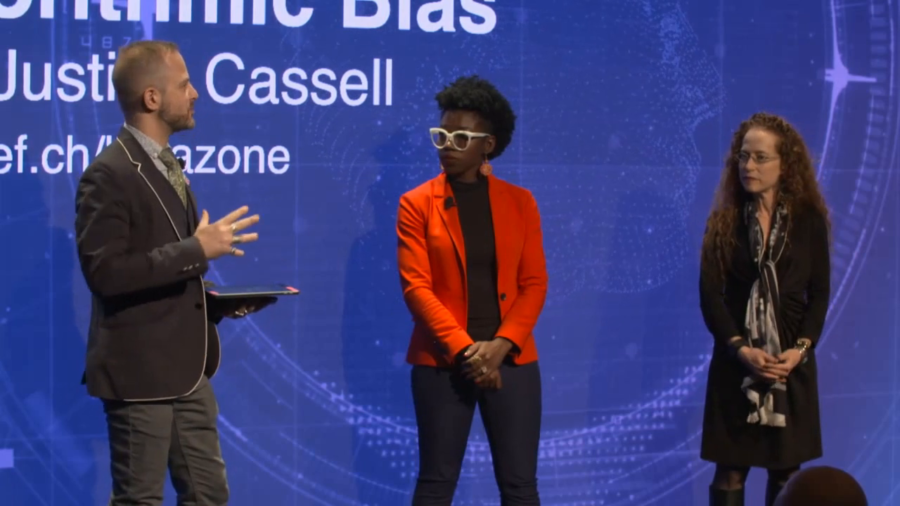This idea of (re)performing the posthuman was pretty much based on a desire to talk about the cyborg ten years after, or fifteen years, twenty years after the Cyborg Manifesto and Katherine Hayles’ book became famous. And to really—yeah, to talk about maybe the normal cyborg, the normal technologized body. You know, technology in the everyday and its implications for the way we perceive and experience our bodies.
Archive (Page 1 of 8)
By innovation policy what we’re really talking about is federal R&D programs. So despite the American economy’s reputation for being this quintessential free market system, much of the innovation and technological development in the American economy can be linked to direct government intervention.
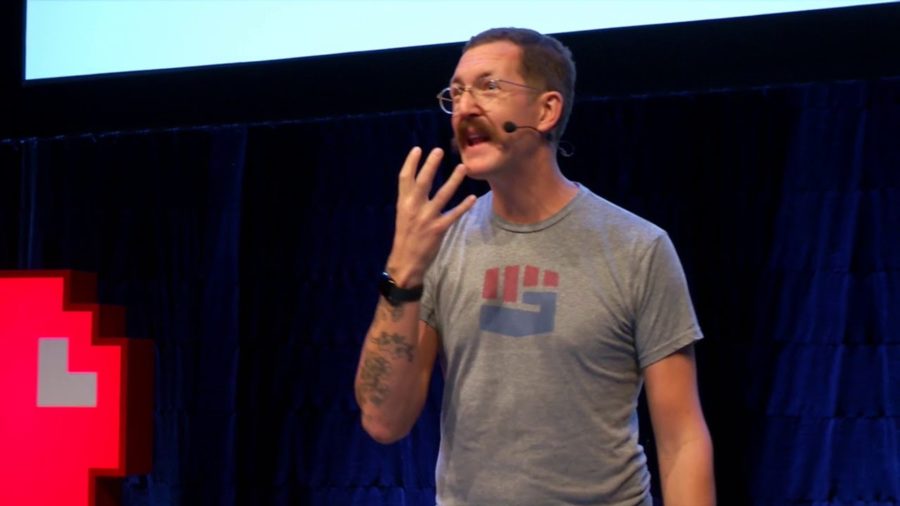
Every single futurist has one of these as the first slide in their deck. It doesn’t really matter what this is. An exponential curve, up and to the right. This represents all of technology. The past thirty years of technological evolution is described in this. This could be anything. This is processor power. This is memory per dollar. This is Internet penetration. This is the number of people playing Angry Birds.
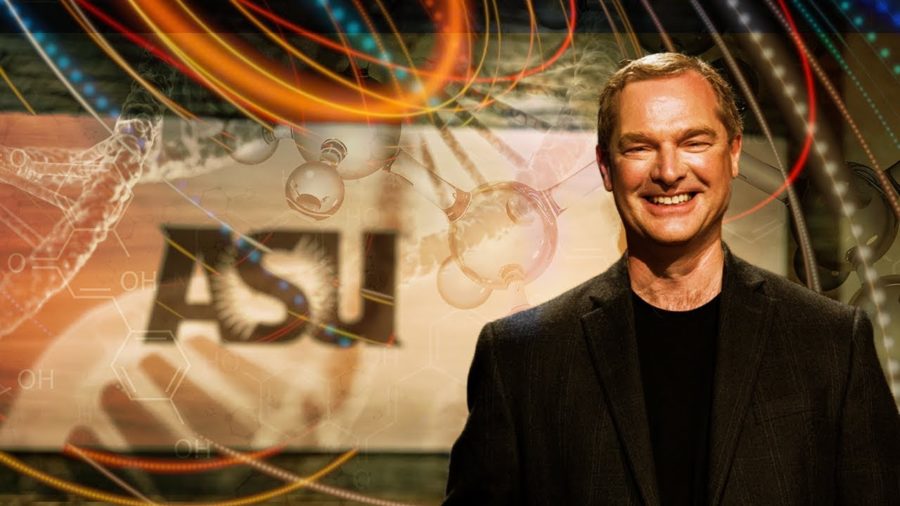
Risk is a funny thing. It affects pretty much everything we do. And yet, most of the time we treat it like a dirty little secret. Something that’s there, but we’d rather not talk about it, a little bit like an embarrassing relative. This probably isn’t such a good idea, though.
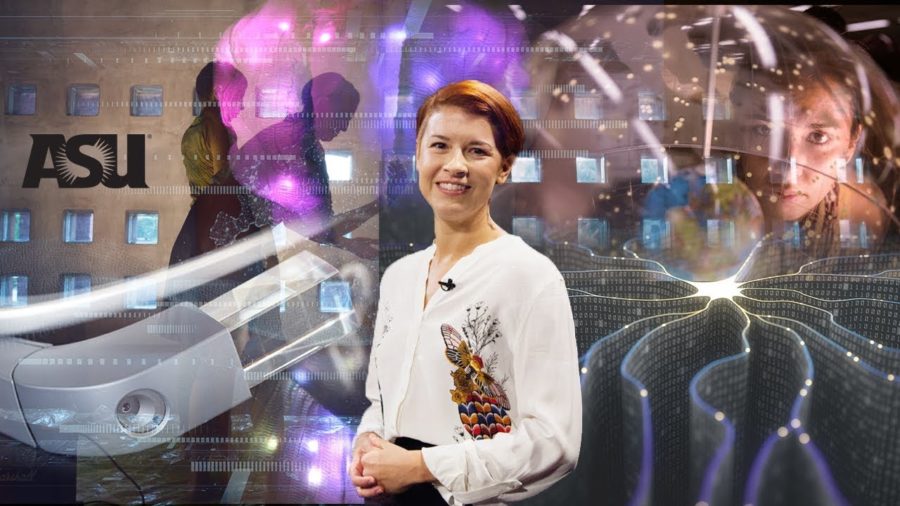
Rather than begrudgingly pushing society forward to be ready, I ask designers to critically reflect on the limitations of their own design practices and to remember that to design for one intersection of society—namely, affluent middle-to-upper-class white American men—does not mean that those designs will work for those who do not identify as such. Even with modifications.
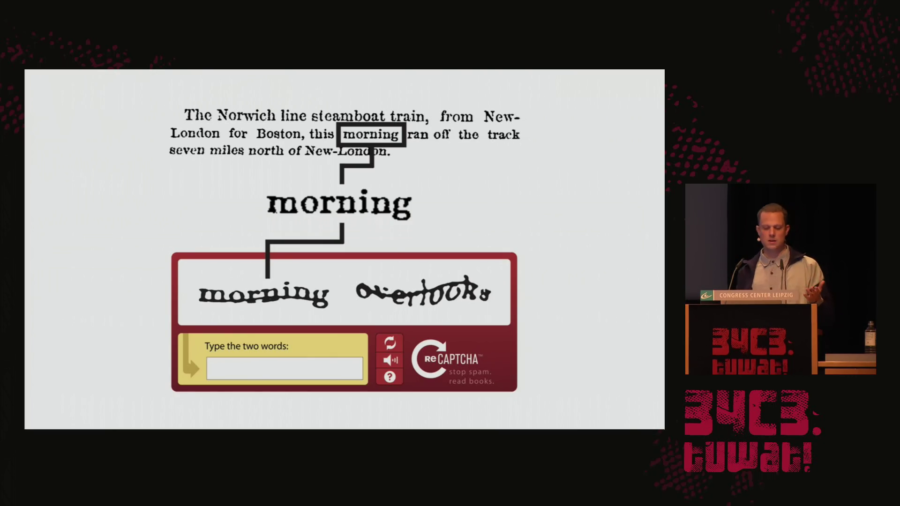
What is this condition? I would summarize it as people extending computational systems by offering their bodies, their senses, and their cognition. And specifically, bodies and minds that can be easily plugged in and later easily be discarded. So bodies and minds algorithmically managed and under the permanent pressure of constant availability, efficiency, and perpetual self-optimization.

This emerging narrative of catastrophe is putting enormous pressure on all our political beliefs. Now there’s still some conservative parties, some US Republicans for example, who deny the basic facts, but we can be pretty sure I think that any politics that denies the facts doesn’t have much of a future.
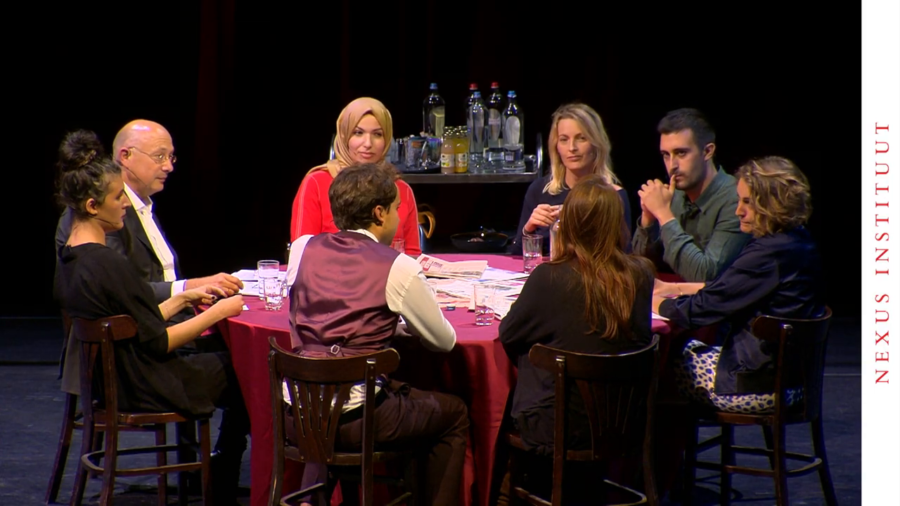
I think that politics has always been susceptible to conversion so that it’s not actually about living people it’s about signaling membership within a particular community.
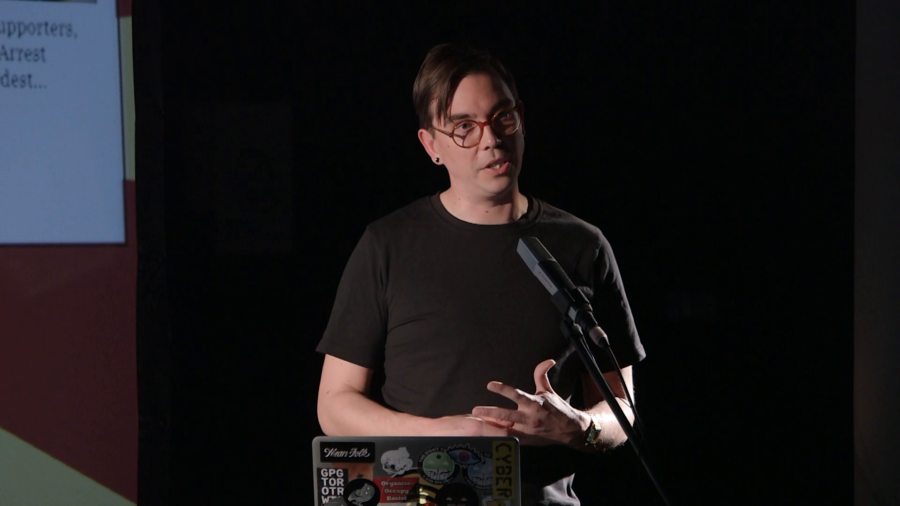
Citizenship, after not thinking about it for a while, feels like something we’re all thinking about quite a lot these days. In the words of Hannah Arendt, citizenship is the right to have rights. All of your rights essentially descend from your citizenship, because only countries will protect those rights.


